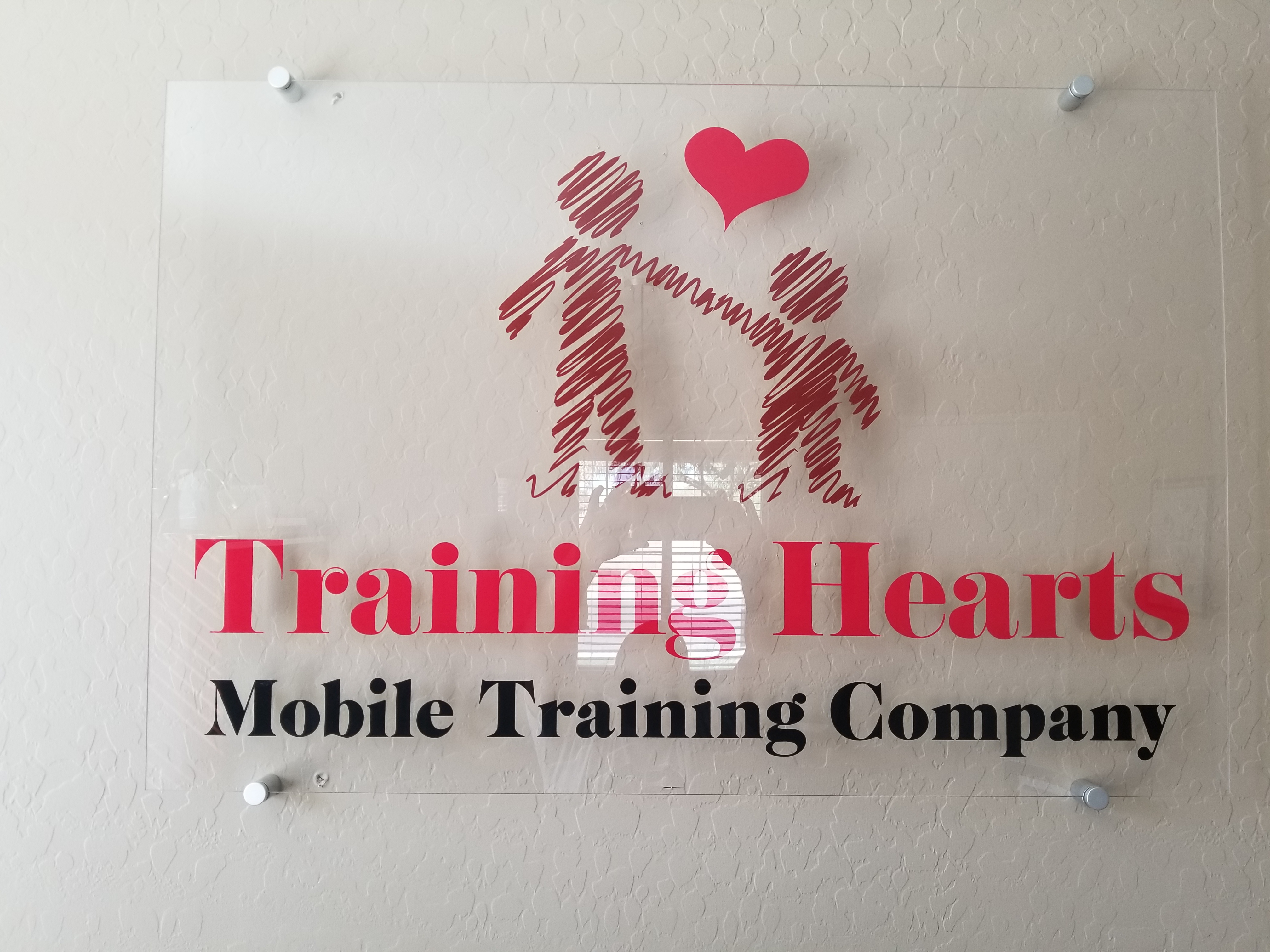Recognizing Signs of Caregiver Burnout
- Training Hearts

- Sep 29
- 4 min read
Taking care of others is a noble and demanding role. Whether you provide care at home, in a healthcare setting, or as a direct care worker, the emotional and physical toll can build up over time. You might feel exhausted, overwhelmed, or even disconnected from your own needs. Recognizing caregiver burnout early is crucial. It helps you protect your well-being and continue providing the best care possible.
Burnout doesn’t happen overnight. It creeps in slowly, often disguised as everyday stress. But if you learn to spot the warning signs, you can take steps to manage it before it takes over your life.
Recognizing Caregiver Burnout: What You Need to Know
Caregiver burnout is a state of physical, emotional, and mental exhaustion. It happens when the demands of caregiving exceed your ability to cope. You might feel drained, frustrated, or hopeless. This isn’t just about being tired after a long day. It’s a deeper, ongoing fatigue that affects your health and happiness.
You might notice changes in your mood, energy, or sleep patterns. You may start to feel resentful or guilty about your caregiving role. These feelings are common but should not be ignored.
Why is recognizing burnout important? Because it affects not only you but also the person you care for. When you’re burned out, your ability to provide quality care decreases. You might make mistakes or miss important signs of health changes.
Taking care of yourself is not selfish. It’s necessary. You deserve support and rest just as much as the person you care for.

The Impact of Caregiver Burnout on Your Life
Burnout affects many areas of your life. Physically, you might experience headaches, muscle tension, or frequent illness. Emotionally, you could feel anxious, depressed, or irritable. Mentally, your concentration and decision-making skills may suffer.
Your relationships might also change. You may withdraw from friends and family or feel isolated. This isolation can make burnout worse.
Here are some common effects of burnout:
Chronic fatigue that doesn’t improve with rest
Sleep disturbances like insomnia or oversleeping
Loss of interest in activities you once enjoyed
Increased irritability or mood swings
Difficulty concentrating or making decisions
Feelings of helplessness or hopelessness
Physical symptoms such as stomach problems or frequent colds
Recognizing these changes early can help you seek support and make adjustments before burnout worsens.

What are some indications of possible caregiver burnout?
Knowing the signs of burnout helps you act before it becomes overwhelming. Some indications are subtle, while others are more obvious. You might notice:
Emotional exhaustion: Feeling drained and unable to face another day of caregiving.
Detachment: Feeling numb or emotionally distant from the person you care for.
Reduced performance: Struggling to complete tasks or feeling ineffective.
Increased frustration: Getting angry or upset more easily than usual.
Neglecting your own needs: Skipping meals, ignoring health issues, or avoiding social activities.
Physical symptoms: Headaches, muscle pain, or changes in appetite.
Sleep problems: Trouble falling asleep or staying asleep.
If you recognize these signs in yourself, it’s time to take action. You don’t have to face this alone.
For more detailed information on caregiver burnout signs, check out trusted resources that offer guidance and support.

Practical Steps to Manage and Prevent Burnout
Taking care of yourself is the best way to prevent burnout. Here are some practical steps you can take:
Set realistic goals: Don’t try to do everything perfectly. Prioritize tasks and accept help when offered.
Take breaks: Even short breaks during the day can recharge your energy.
Ask for support: Reach out to family, friends, or support groups. Sharing your feelings helps.
Practice self-care: Eat well, exercise, and get enough sleep. These basics are vital.
Learn stress management techniques: Try deep breathing, meditation, or gentle yoga.
Seek professional help: If feelings of depression or anxiety persist, talk to a healthcare provider.
Use training resources: Improving your skills through accredited CPR, First Aid, or Direct Care Worker training can boost your confidence and reduce stress.
Remember, taking care of yourself is part of taking care of others. You deserve to feel well and supported.
Moving Forward with Confidence and Care
Recognizing caregiver burnout is the first step toward reclaiming your well-being. It’s okay to admit that caregiving is hard. It’s okay to ask for help. You don’t have to carry the burden alone.
By paying attention to your feelings and physical health, you can catch burnout early. Use the practical tips shared here to manage stress and maintain balance. Training Hearts is here to support you with convenient, accredited training that empowers you to provide safe, effective care.
You are doing important work. Taking care of yourself ensures you can keep doing it with strength and compassion.
If you want to learn more about how to protect yourself and those you care for, consider joining a training session or reaching out for support. Your health matters just as much as theirs.




Comments